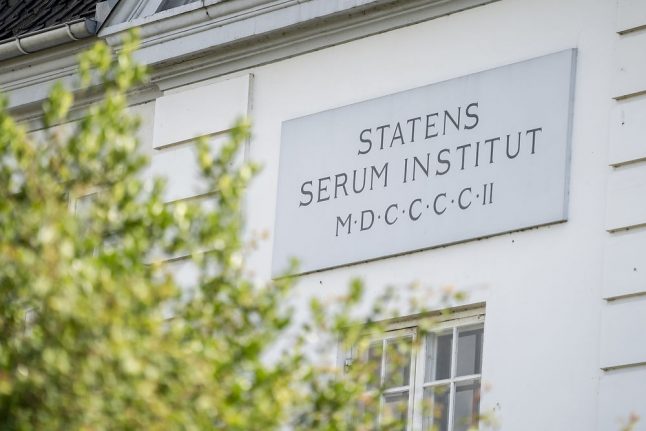The data agency has said that the SSI deletions were a mistake and that it hopes to recover them, IT Watch reports.
All emails sent by the staff at SSI and SDS up to July 22nd were deleted in a “regrettable error”, the data agency has confirmed according to the report.
“It will be possible to recover most internal emails as well as external emails that had an internal recipient on the recipient list, however,” the agency said in a statement reported by IT Watch.
The issue is a potentially serious one because it can prevent access to documentation of decision-making processes during Denmark’s response to the Covid-19 pandemic. This should otherwise be ensured by Danish freedom of information laws.
“Deeply regrettable and unforeseeable mistakes have been made which we take full responsibility for. We will do everything we can to minimise the consequences and are working to recover as many emails as possible, including with technical solutions,” SDS deputy director Vibeke van der Sprong said.
The agency is responsible for IT at departments and agencies under the Ministry of Health.
The matter has been reported to national watchdog Datatilsynet, according to IT Watch.
READ ALSO: Denmark steps up coronavirus face mask recommendations



 Please whitelist us to continue reading.
Please whitelist us to continue reading.
Member comments